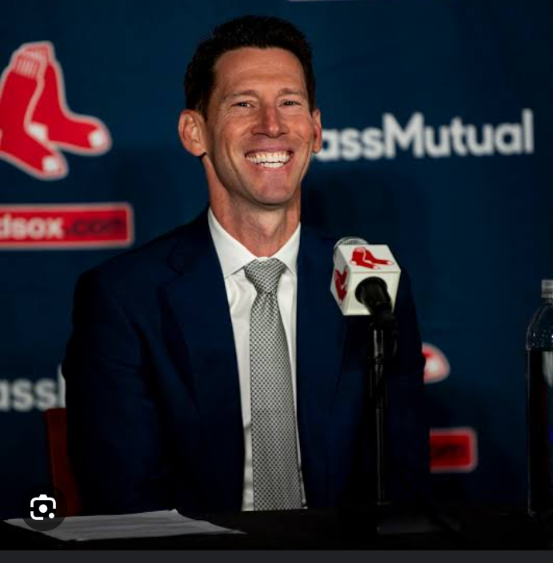When the Boston Red Sox ousted former chief baseball officer Chaim Bloom, sparking hopes for a financial resurgence, the reality has been far from grand. Craig Breslow, thrust into a challenging position, faces undue pressure, especially from Red Sox chairman Tom Werner.
Werner, in a conversation with MassLive’s Sean McAdam, retreated from the initial “full throttle” commitment, revealing a flawed strategy centered on Yoshinobu Yamamoto. This plan faltered as other teams coveted the 25-year-old pitching sensation.
In an attempt to temper expectations, Werner seemed to shift blame onto Breslow for the winter’s financial restraint, perpetuating the facade of unwavering fiscal commitment. “Trusting that Craig (Breslow) is going to deliver on his assurance that we’re going to be competitive,” Werner stated, implying Breslow’s autonomy over budget decisions.
The assertion that Breslow operates without financial constraints clashes with the team’s apparent reluctance to pursue top-tier talent. Whether Breslow genuinely perceives Teoscar Hernández’s value or if ownership is deceiving remains unclear.
Speculation leans toward the latter, questioning ownership’s sincerity in supporting Breslow’s decisions. While Breslow’s spending habits remain uncertain, viable alternatives, like Michael Wacha, Seth Lugo, and Shota Imanaga, could have bolstered the pitching staff without breaking the bank.
Ownership appears to limit Breslow, yet avenues existed to construct a competitive team within the luxury tax threshold. Breslow’s reliance on the farm system instead of building a contender raises concerns about the team’s immediate competitiveness.
In this complex dynamic, the Red Sox’s winter narrative unfolds, marked by internal discord and a potential clash between ownership’s promises and Breslow’s strategic vision.
